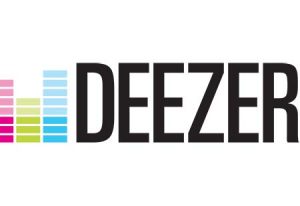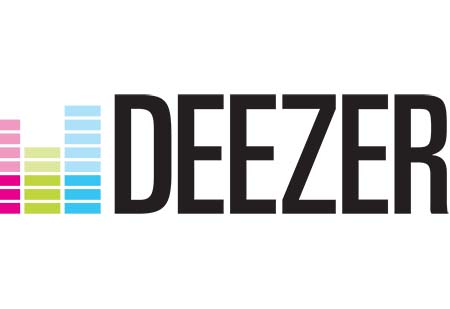In addition to 53 million tracks from global artists, music fans will be able to access local content from music production group Mazzika and Saudi-based telecom provider Qanawat.
 Music streaming service Deezer is now streaming in the Middle East and North Africa, allowing users to access an array of Arabic hits from media and entertainment-producer Rotana. Deezer will reportedly open a regional office in Dubai next month.
Music streaming service Deezer is now streaming in the Middle East and North Africa, allowing users to access an array of Arabic hits from media and entertainment-producer Rotana. Deezer will reportedly open a regional office in Dubai next month.
In addition to 53 million tracks from global artists, music fans will be able to access local content from music production group Mazzika and Saudi-based telecom provider Qanawat.
The MENA regional Deezer app will also consist of playlists and content chosen by local music editors.
Rotana and Deezer have recently inked an exclusive digital distribution agreement. The service is now accessible with local offers for users in the UAE, Saudi Arabia, Egypt, Lebanon, Morocco, Algeria, Kuwait, Tunisia, Oman, Jordan, Bahrain and Mauritania.
Commenting on the partnership, the CEO of Deezer, Hans-Holger Albrecht, said: We are really excited to bring Arabic listeners a unique and unrivalled blend of the best exclusive Arabic music and the most popular international tracks in one place. We are also proud to now offer music fans the Deezer app in Arabic, with an affordable premium offer as well as the opportunity to try Deezer for free.
In the coming months we will be opening a new regional headquarters in Dubai, which will help us grow our presence further, he added. We look forward to being a key part in creating and capturing that growth.
Founded in 2007, the Paris-based platform has 14 million monthly users and is available in 180 countries as an app on smartphones, tablets, PCs, home sound systems and connected cars or smart TVs.
A free trial period of Deezers premium service which comprises of ad-free listening, downloads and offline listening by subscribing on their mobile devices with no payment details required is also available for new MENA users.
Deezer has approximately 14 million monthly active users in 180 countries.














































































